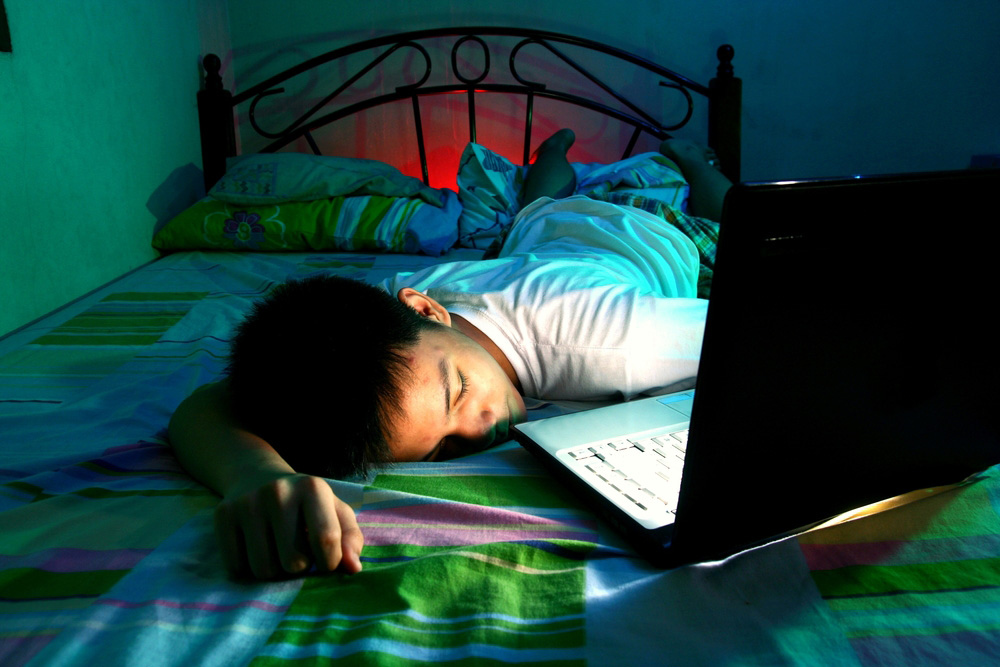
15 Sep How much sleep do teenagers need?
Understanding how much sleep teenagers need, along with the advantages and disadvantages of quality time in your pit, will help you to gain more energy and excel at school, work and fun interests.
How happy are you with your health?
Welcome amazing adventurers to the next Spark to Your Success blog article, part of the series that supports your journey in life.
I’m talking to all the teenagers, young people and young at heart out there – are you feeling energised? Have you cut down on the pizza, pasta, chocolate and chips? Are you hydrated? And are you drinking more water to give your body an alkaline boost away from caffeine and energy drinks?
If you’re thinking that’s a random start to a blog (and you will do if you aren’t a regular visitor) then click back to the last article and discover why hydration and making better food choices will absolutely empower you to feel better inside and outside. Could you do with a natural pick-me-up?
Exactly how much sleep do teenagers need?
On to this week’s topic … sleep. As a teenager you need lots of it!
I know you might feel a little resistance towards this statement. There’s something slightly rebellious about staying up late or sleeping in and you’re probably thinking ‘what’s the big deal?’ or ‘it’s cool to stay up late and I’m not a kid.’ Well, it’s true that you’re not a child anymore, but your sleep requirements and patterns shift massively during your teenage years and it’s useful to know what you’re dealing with.
Here’s the thing about how much sleep you actually need and it’s scientifically proven.
- 9-12 year olds need 9-12 hours sleep every night
- Teenagers (13-17) need 8-10 hours sleep every night
- 18-25 year olds need 7-11 hours sleep every night
Having sufficient sleep is key to being able to perform at an optimal level and to look and feel your best. The recommended number of hours needed per night doesn’t mean that eight hours for a teen every night is enough. The eight hours is the absolute minimum, but ten would be ideal.
“Sleep is the golden chain that ties health and our bodies together.”
Thomas Dekker
It’s cool to sleep!
Did you know that one in ten teenagers do not get enough sleep? Is this you? You see, you might think it’s cool to stay up all night gaming and getting to that next level or finishing off the next episode in a box set, but if you got enough sleep you would excel further.
If you feel as though you struggle with low grades at college or school, or tasks at work if you already have a job, it might not be because you’re no good at the subject or can’t do the job role, it might be that you’re sleep deprived.
Open your eyes! Excuse the pun, non intended, but I’ll take it!
“The best bridge between despair and hope is a good night’s sleep.”
E. Joseph Cossman

The disadvantage of not having enough sleep
Lack of sleep will show in your moods and therefore your mental health. As if changing hormones messing up your moods wasn’t enough, poor sleeping patterns will magnify this. Your body uses sleep to reset and repair itself, to rest and rejuvenate and build new habits. It is vital that your body is able to develop properly and function physiologically and neurologically. If not, problems arise and you can become:
- Irritable
- Forgetful
- Aggressive
- Emotional
- Impatient
When you are sleep deprived you will struggle to think clearly and process information properly. You could find it difficult to listen, learn and concentrate on anything, not just tricky concepts presented by teachers and managers.
“Happiness consists of getting enough sleep. Just that, nothing more.” — Robert A. Heinlein
The health disadvantages of not having enough sleep
Sleep deficiency can make you prone to spots and weight gain. You may find that you crave sugary or fatty foods and that you overeat. The knock on effect of these problems is the dropping of your self-confidence and self-worth. Your mood will be affected and you will have low energy levels and feel drowsy.
Insufficient sleep can also heighten the effects of caffeine, energy drinks and alcohol causing an increase in heart rate and blood pressure. More importantly, it will affect your body’s immune system because there isn’t time to heal properly. As a result, you will be prone to increased or prolonged illnesses such as coughs, colds, tummy troubles and migraines.
“A ruffled mind makes a restless pillow.” — Charlotte Brontë
Find your ideal sleeping pattern
In your teenage years your body clock shifts and it’s true that you don’t feel as tired as early. Whilst this makes it OK to go to bed later, it doesn’t make it OK to sit glued to mobile devices or become enthralled in a movie or game. Participating in this type of activity will compound the effects of not wanting to go to sleep. The blue light emitted from mobile devices also affects your sleep quality, so these need to be avoided at least half an hour before you go to bed.
Work back from when you need to get up in the morning. If you need to be up by 7am then you need to go to sleep at 11pm at the very latest. If this is a weekly routine because of school, college or university, try to get at least two nights of ten hours sleep over the weekend and top up with an afternoon nap! Be mindful though, too much sleep will have the opposite effect and make you feel worse. It’ll be like a sleep hangover! Remember, consistency is everything.
“True silence is the rest of the mind, and is to the spirit what sleep is to the body, nourishment and refreshment.” — William Penn
Discover the benefits of superb sleep!
I know you want to be safe, pimple-free, a lean machine and have the ability to achieve what you want. Let’s work towards that by developing a sleep routine that works for you, so you can see and feel the benefits.
Try this exercise for the next ten days to make sleep a priority. Keep a diary or journal to make a note of the changes, what works and what doesn’t. Follow these steps.
- Turn your bedroom into a sleep haven – cool, quiet and dark
- Use an eye mask or hang up black out curtains if needed
- Avoid caffeine, alcohol and eating at least an hour before bedtime
- Keep a journal by your bedside and jot down any thoughts before you try to sleep to empty your mind
- Wake up to natural sunlight – it helps
- Be consistent to gain a natural rhythm
- Make notes on how you feel the next morning, after a week and ten days. Try to understand the reasons why you may have a good or bad night’s sleep to learn best practices
Establish a routine of a bedtime and wake time that works for you. And when you hear your mates speak of late night parties and gaming until the early hours, tell them how cool it is to get a good night’s kip!
“Sleep is the best meditation.” — Dalai Lama
Choose the life you want to lead
I’d love to understand more about your sleep pattern and whether you have found a routine that makes you feel alive and healthy. Please do leave a comment and share your thoughts with other young people on our social media feeds.
Until next time have quality sleep-filled nights and look after yourself.


No Comments